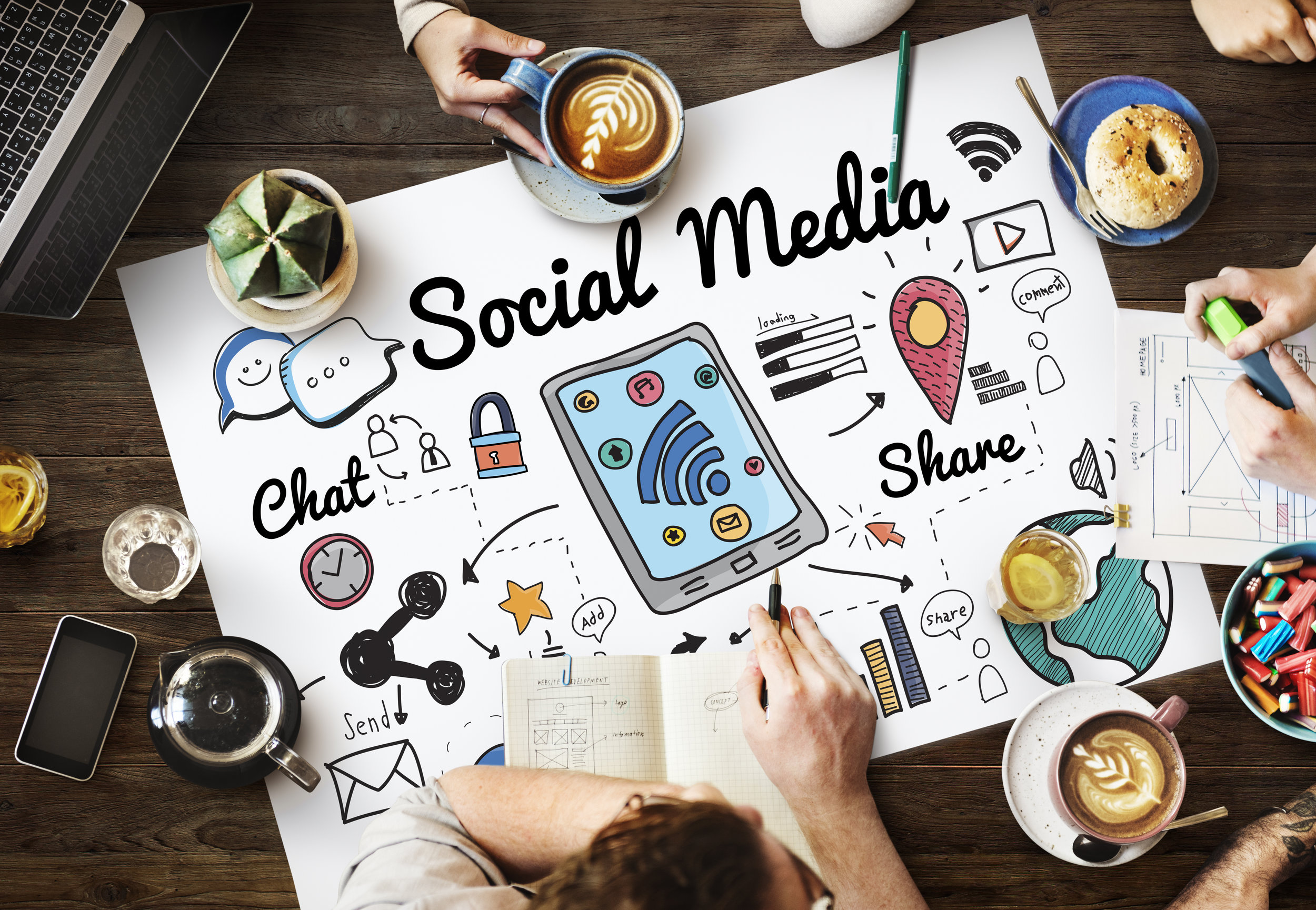Harmful Effects of Social Media
Technology is not neutral. Neither are its effects wholly positive. For younger generations, social media can take a negative toll on mental health.
CNN reports that a new study from the Royal Society for Public Health in the UK found that Instagram and Snapchat contribute to cases of anxiety and depression among respondents. Social media tools also contribute to struggles with self-identity and body image. The study, “Status of Mind,” can be found here.
Only YouTube yielded a positive effect among the social media tools measured, though just barely. Must be the cat videos.
Instagram was found to be the most harmful, particularly among young women, who reported a tendency to compare themselves to photoshopped and unrealistic images of the female body. Respondents said some images contributed to feelings of inadequacy and negative self-perception. Instagram also was said to contribute to FOMO, or “Fear of Missing Out.”
Teens experience FOMO indirectly, but also as targets. In my experience in youth ministry, students shared they had been bullied by those in their peer network posting pictures of gatherings where they were not present, not only to show who was there, but also who was missing. You might call this a broadcast of exclusion.
Even in light of the negative effects of these technologies, researchers did not want to abolish social media. They also did not wish to discourage the use of Photoshop or image filters for content on Instagram and other social networking sites. They do, however, want the public to be informed and to find ways to foster good mental health among the young. They suggested the use of pop-up warnings after long periods of internet usage. Critics responded with skepticism to this suggestion, citing the internet’s addictive power.
In Amusing Ourselves to Death, Neil Postman remarked that “no medium is excessively dangerous if its users understand what its dangers are” (161). The dangers are not small. But teenagers are often given a phone, and access to all kinds of applications, with little knowledge with regard to the negative mental effects those tools can inflict over time.
Our task as the church is to help teenagers cope with technology wisely and well. They need to be informed concerning technology’s effects on the brain. Families also need help with regard to how best structure their life together to foster discipline concerning our screens. Andy Crouch, in partnership with the Barna group, has written The Tech-Wise Family, which combines research findings with biblical wisdom to help families establish a healthy rule for the use of technological devices.
As our technological tools continue to change and evolve, stay informed. Ask teenagers what social media tools are their favorites. Do a little reading, and consult the research. Where appropriate, offer wisdom in sermons, newsletters, and in teaching that can help people use technology wisely. Your church may want to host a special event to help parents learn wise practices, or to help youth better understand what social media does to our brains and influences our interactions.
Phones are ubiquitous, but wisdom is scarce. Help your people understand the effects of technology, and provide them wisdom on how best to use it.

